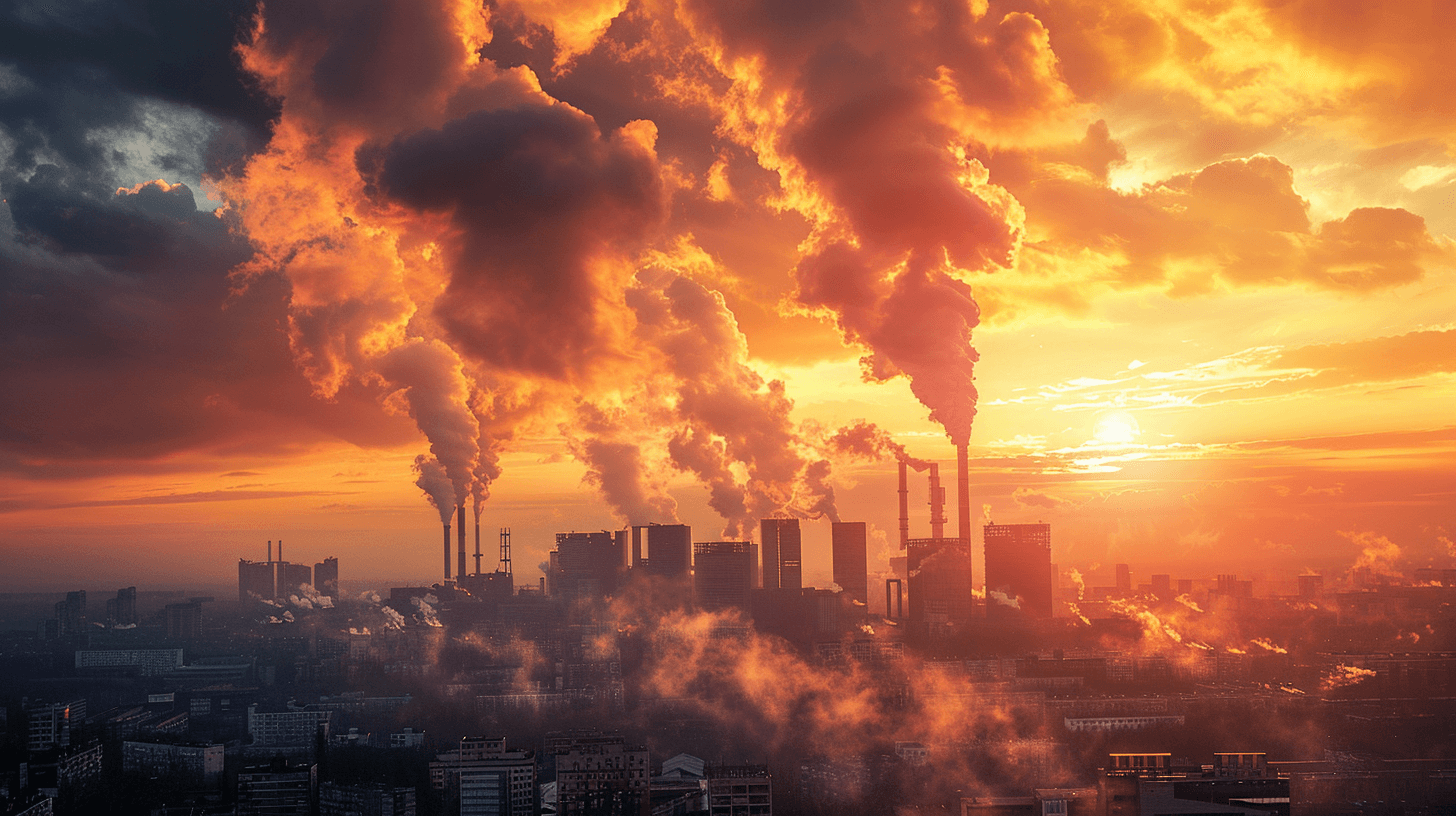The concept of net zero is increasingly becoming a focal point in the global dialogue on climate change. As the impacts of global warming become more pronounced, understanding and striving for net zero emissions is crucial for mitigating the most severe consequences of climate change. This article provides an in-depth exploration of net zero, including its definition, importance, and the strategies required to achieve it.
Understanding Net Zero Emissions
Net zero emissions refer to the balance between the greenhouse gases (GHGs) emitted into the atmosphere and those removed. Achieving net zero means that any GHGs produced by human activities are counterbalanced by an equivalent amount being absorbed from the atmosphere, either through natural processes like reforestation or technological solutions like carbon capture and storage.
The Role of Greenhouse Gases
GHGs, such as carbon dioxide (CO2), methane (CH4), and nitrous oxide (N2O), trap heat in the Earth’s atmosphere, leading to global warming and climate change. The main sources of these emissions include energy production, transportation, industry, and agriculture.
The Significance of Net Zero for Global Warming
To limit global warming to 1.5°C above pre-industrial levels, as outlined in the Paris Agreement, it is essential to reduce net human-generated CO2 emissions by approximately 45% from 2010 levels by 2030 and achieve net zero emissions by 2050. The longer emissions persist, the more challenging it will be to limit global temperature rise and the more severe the impacts of climate change will become.
Achieving Net Zero Emissions
- Reducing Emissions: This involves transitioning to renewable energy sources, improving energy efficiency, and adopting sustainable transportation and industrial practices.
- Enhancing Carbon Sinks: Efforts to absorb carbon from the atmosphere, such as reforestation, afforestation, and soil carbon sequestration, are crucial for achieving net zero.
- Offsetting Emissions: For emissions that cannot be eliminated, offsetting through carbon credits or supporting projects that reduce GHGs elsewhere is necessary.
Net Zero vs. Carbon Neutrality
While the terms are often used interchangeably, there is a subtle difference. Net zero focuses on balancing all GHG emissions, whereas carbon neutrality specifically targets carbon dioxide emissions. Achieving net zero is a more comprehensive goal that encompasses all greenhouse gases.
The Path to Net Zero
Reaching net zero requires a collective effort from nations, cities, companies, and individuals. It involves making significant changes in energy production, transportation, land use, and industrial processes. Governments and businesses play a crucial role in setting targets, implementing policies, and investing in technologies that reduce emissions and enhance carbon removal.
Net Zero Targets and Commitments
Many countries and companies have set net zero targets, aligning their goals with the Paris Agreement. These commitments involve detailed plans to reduce emissions across various sectors and invest in carbon removal projects.
Challenges and Opportunities
Achieving net zero presents challenges, including technological barriers, financial constraints, and the need for global cooperation. However, it also offers opportunities for economic growth, job creation, and improved public health.
Conclusion
Net zero emissions are crucial for mitigating climate change and ensuring a sustainable future. While the path to net zero is complex, with concerted efforts from all sectors of society, it is an achievable and necessary goal. By understanding the importance of net zero and taking proactive steps to reduce emissions and enhance carbon removal, we can make significant progress toward a healthier, more resilient planet.




